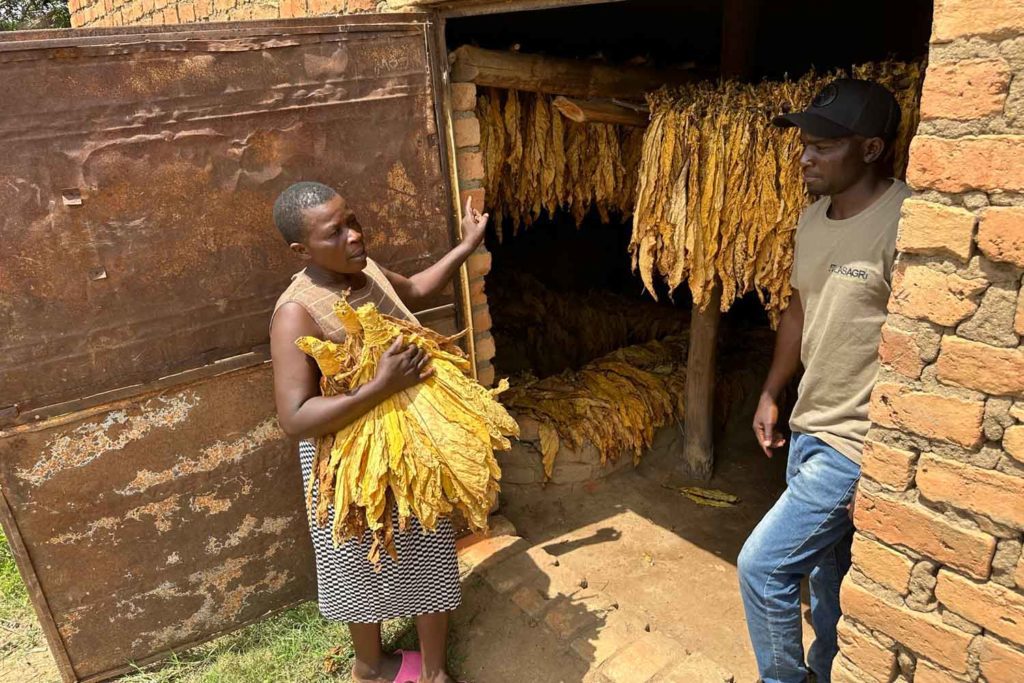
Zimbabwe is on track to export $1.5 billion worth of tobacco, according to Tobacco Industry & Marketing Board (TIMB) Acting CEO Emmanuel Matsvaire.
In an interview with The Zimbabwe Independent, Matsvaire shared his views on the challenges and opportunities facing the country’s tobacco sector.
To date, Zimbabwe has exported about 105 million kg of tobacco at an average of $5.04 per kg, compared to 93 million kg exported during the same period last year at an average price of $4.62 per kg.
The Far East remains the top destination for Zimbabwean tobacco, according to Matsvaire, making up about 41 percent of total exports. The region also has the highest average export price due to high quality tobacco that goes here.
Out of the 295.5 million kg of tobacco sold this season, the TIMB estimate that about 5 million kg have been side-marketed, which is less than 2 percent of the total crop.
The regulators has worked hard to fight the practice, according to Matsvaire. “We have brought in a new compliance framework. We have also established a new department that ensures that compliance is up to date. We also have an inspectorate department and field officers on the ground,” he told The Zimbabwe Independent.
Matsvaire stressed the importance of matching production to demand, and of adhering to proper production practices. “We need to ensure that there is a balance between price and what is produced, and quality as well as quantity,” he said. “We do not wish to increase volumes without good quality. We ensure that we are also growing sustainably using the right sources of energy and labor. We do not need to use children in growing tobacco. We also need to ensure that our environment is safe. Our growth has to be sustainable growth.”

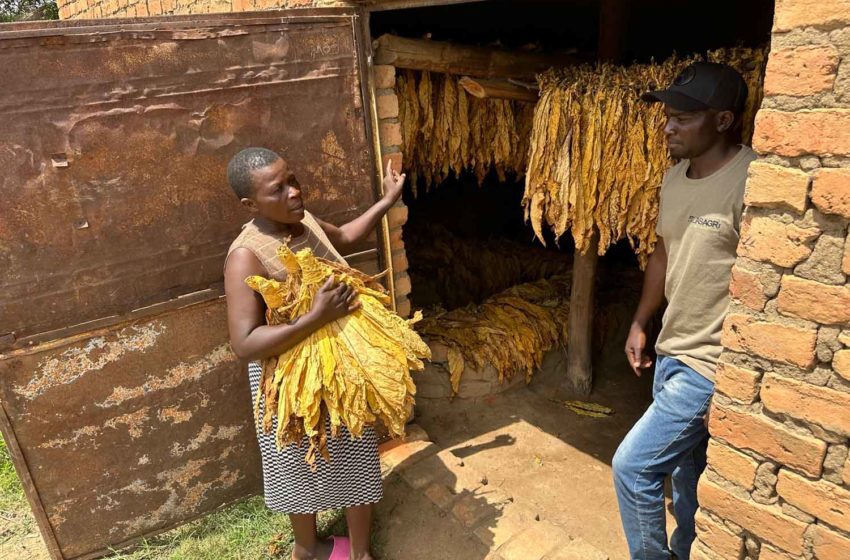


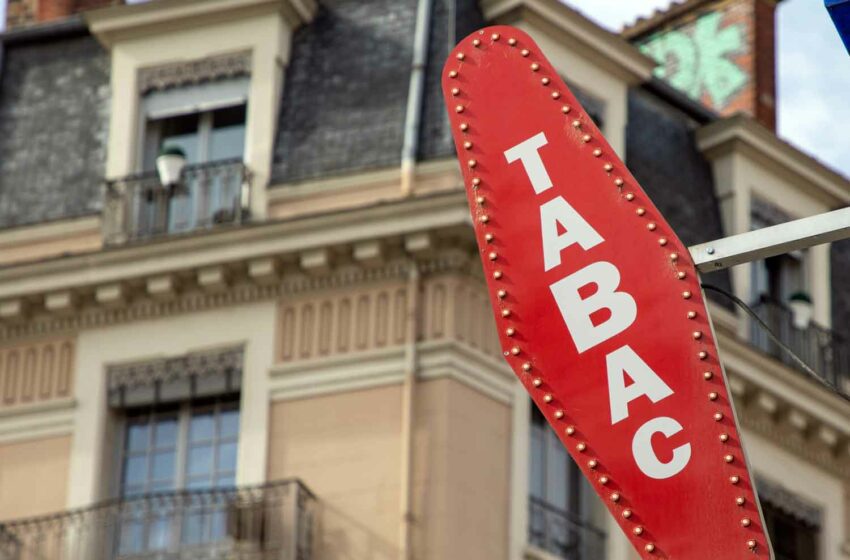
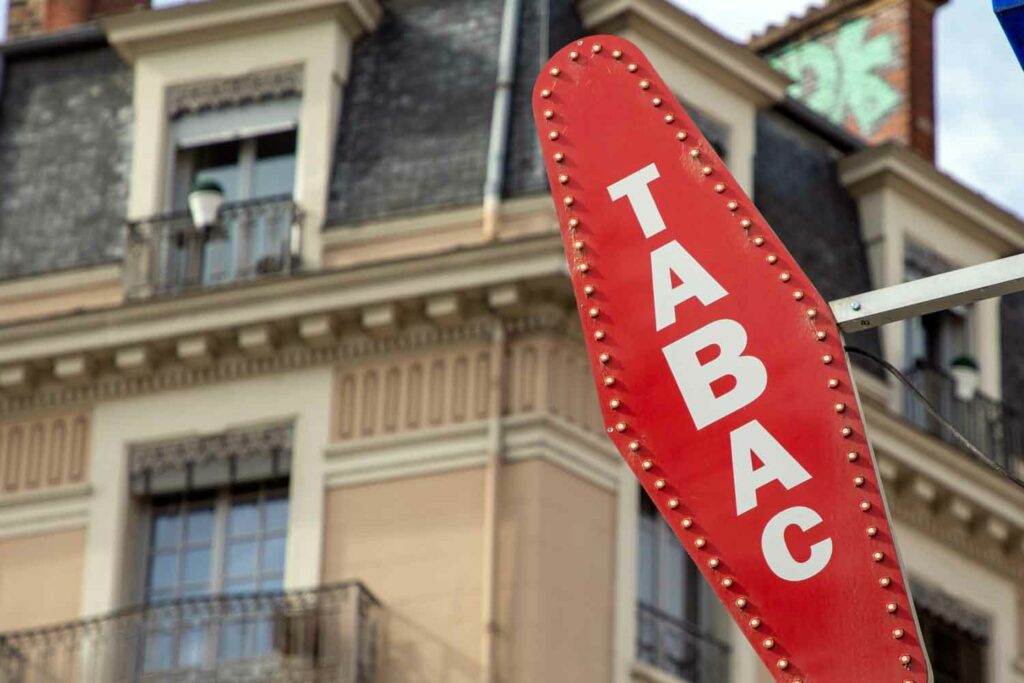
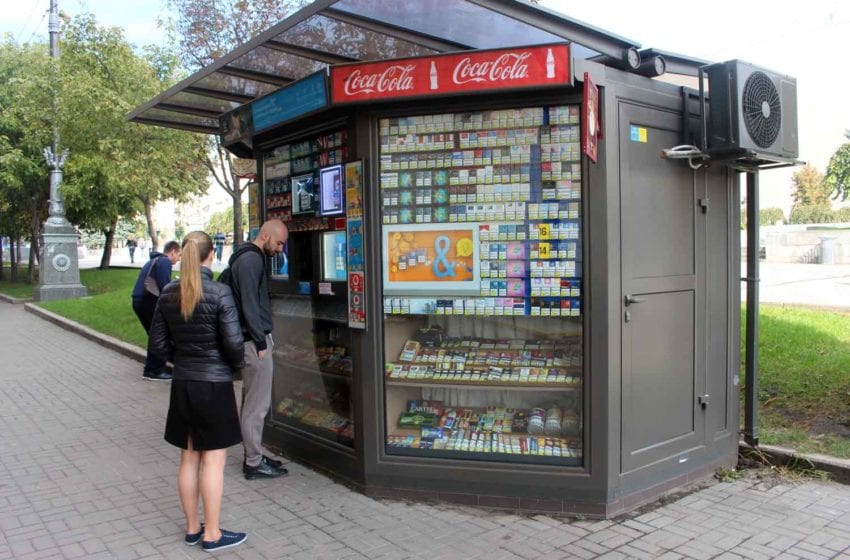


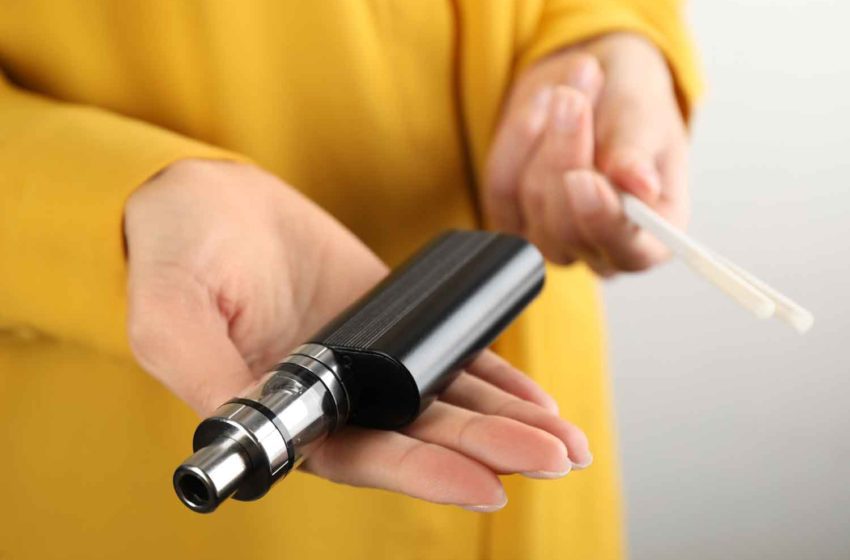
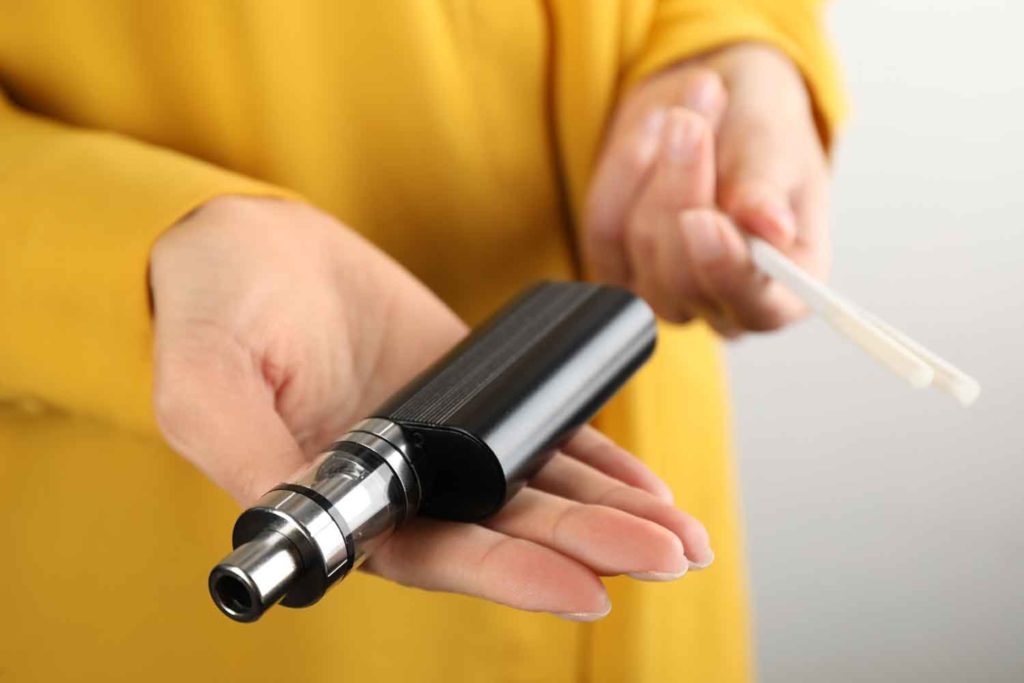
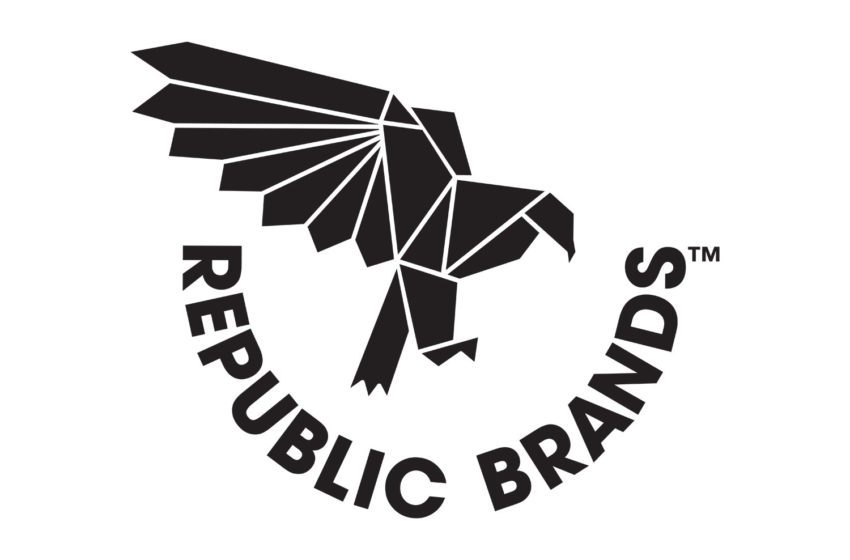
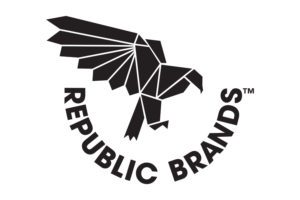 The U.S. Court of Appeals for the Eleventh Circuit on Aug. 22 upheld a multimillion dollar verdict against Diamond Wholesale and its owner, Raj Solomon, for infringing trademarks owned by Top Tobacco, Republic Technologies and Republic Tobacco, reports
The U.S. Court of Appeals for the Eleventh Circuit on Aug. 22 upheld a multimillion dollar verdict against Diamond Wholesale and its owner, Raj Solomon, for infringing trademarks owned by Top Tobacco, Republic Technologies and Republic Tobacco, reports 



